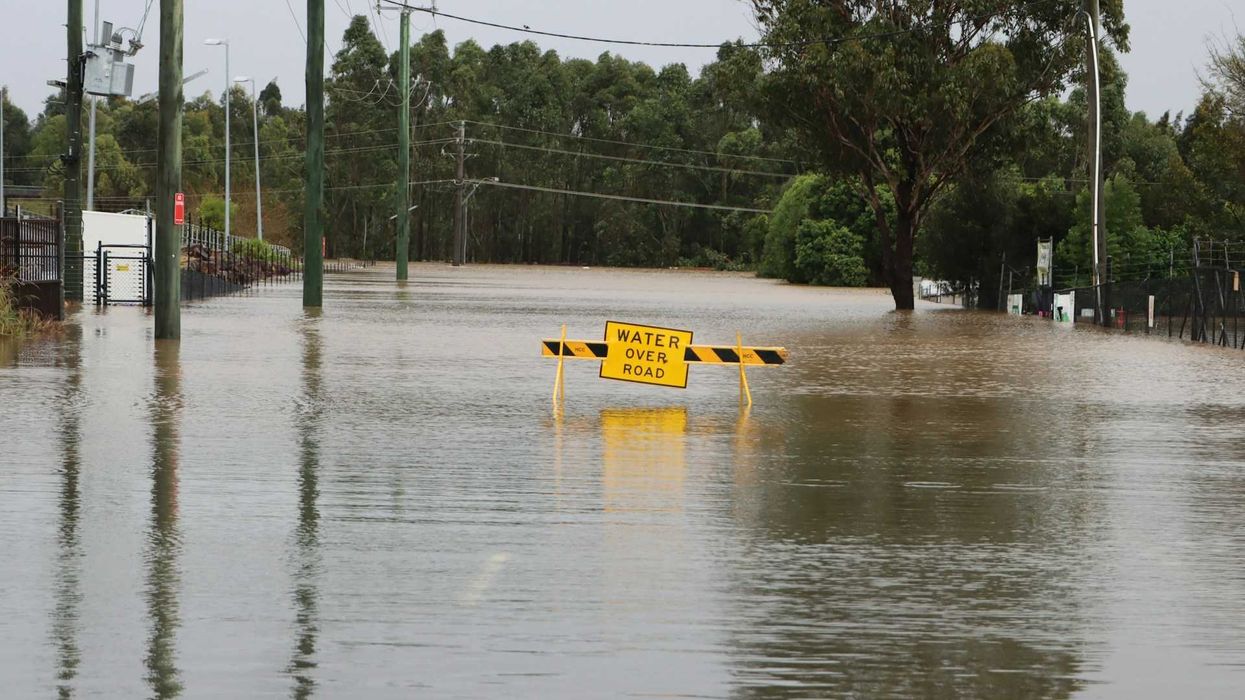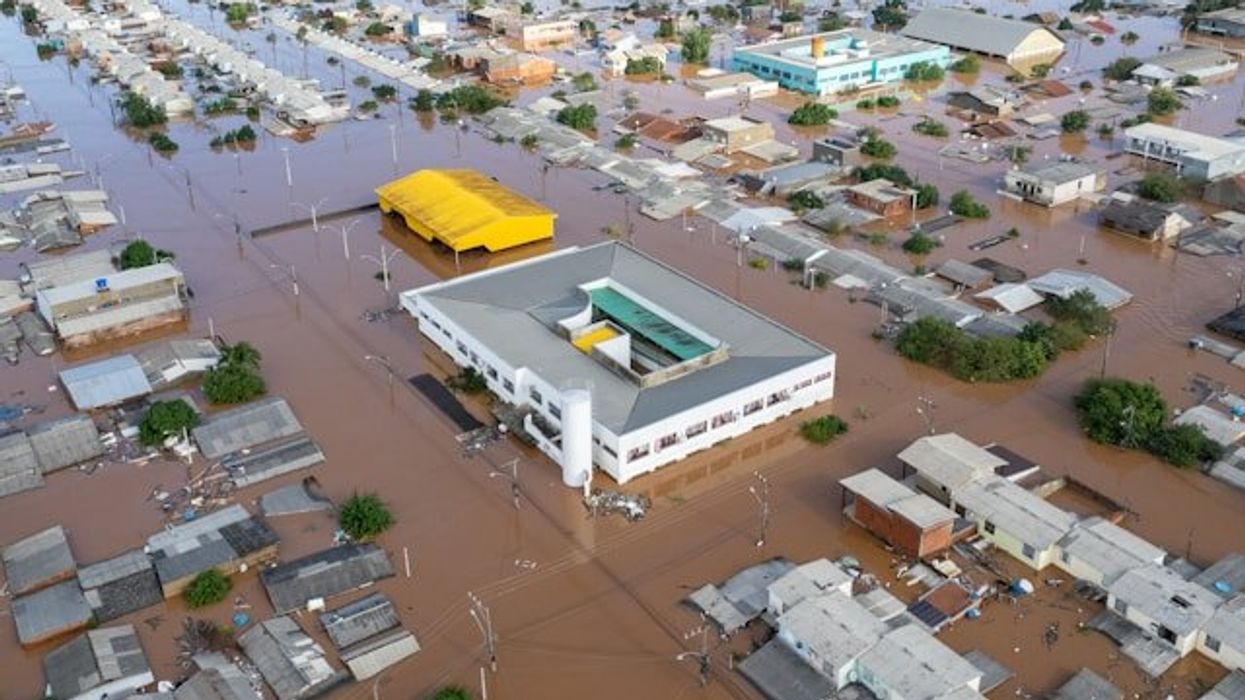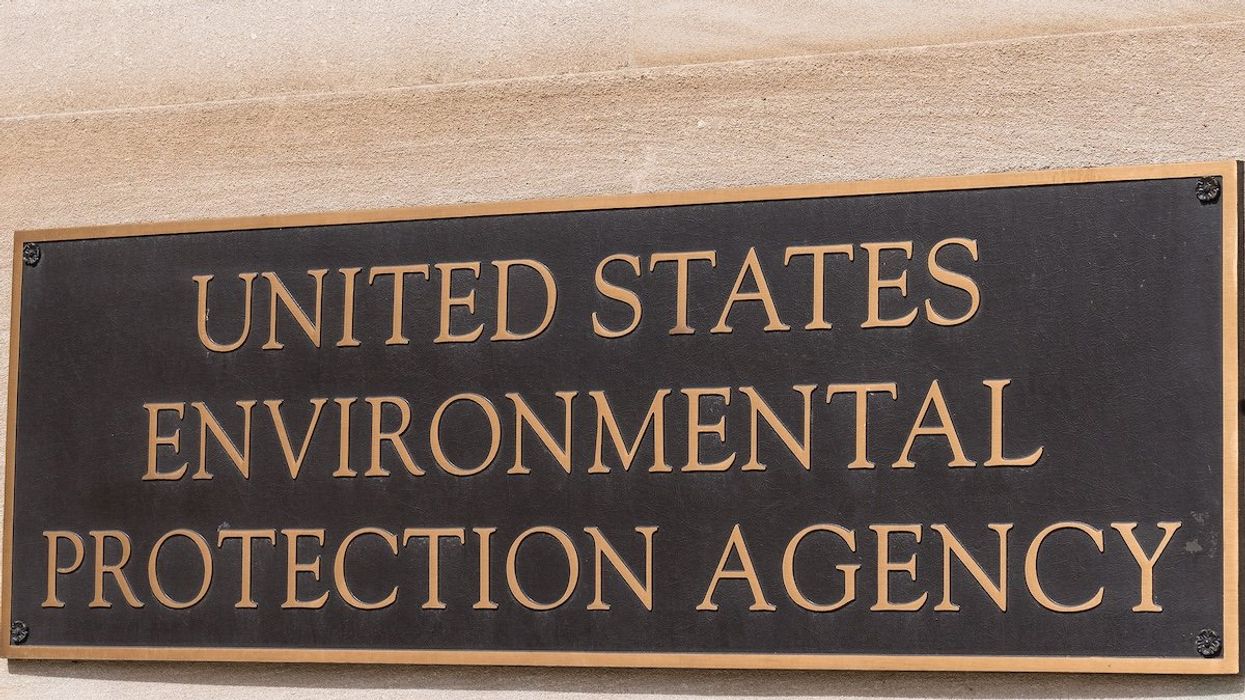Chicago officials may soon vote on a new ordinance requiring city planners to consider cumulative pollution before approving new industrial projects, targeting long-standing environmental injustice in Black and Latino neighborhoods.
Juanpablo Ramirez-Franco and Brett Chase report for Grist.
In short:
- The proposed Chicago law would require the city to assess cumulative pollution in neighborhoods before approving new industrial developments.
- The ordinance follows a 2022 federal finding that Chicago discriminated against communities of color by concentrating polluting industries in those areas.
- Critics say the law doesn’t go far enough, while supporters argue it's a necessary first step amid federal rollbacks on environmental justice protections.
Key quote:
“You can’t erase our industrial past — it’s literally haunting us.”
— Gina Ramirez, Midwest director of environmental health, Natural Resources Defense Council
Why this matters:
Across the United States, low-income communities and communities of color are more likely to live near highways, factories, and waste facilities — places that spew harmful pollution into the air and water. This proximity has well-documented health effects, including higher rates of asthma, heart disease, and cancer. Chicago's Far South and West Sides tell a familiar story: decades of industrial zoning decisions placed the dirtiest operations in areas with the least political clout. Chicago’s proposed ordinance joins a growing wave of local laws that try to account for the combined impact of pollution sources. But experts caution that these tools are only as strong as the governments that enforce them.
Learn more: Monitoring truck traffic in Chicago uncovers environmental concerns














